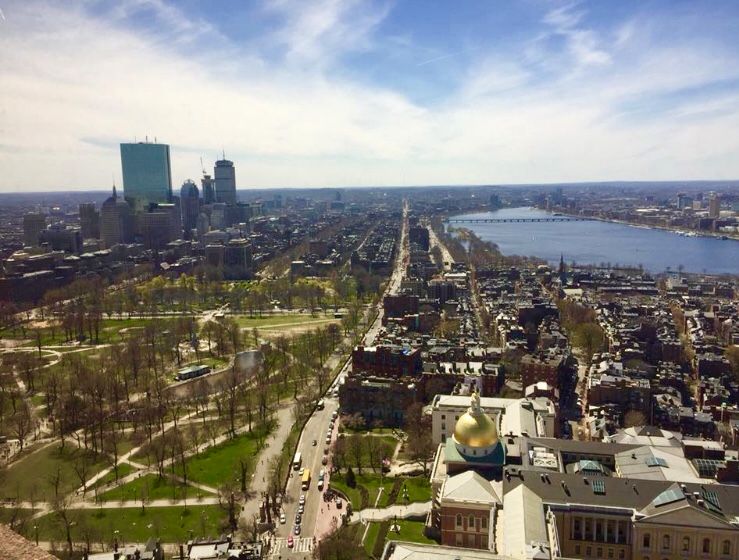FenwayResident
Active Member
- Joined
- Jul 17, 2013
- Messages
- 760
- Reaction score
- 3
Homeowner insurance has no problem defining a vacant home. I believe it is pretty typical to have to pay an increased premium if your home is unoccupied for more than 3 consecutive months. There is plenty of legal precedent for defining a vacant property.
I have no problem taxing people for voluntarily leaving a home vacant in a city with a housing crisis. Our problem is not that we can't get anyone to buy homes here. The problem is that there are 12 buyers for every home listed. We could absolutely support a tax that puts a little pressure AGAINST buyers because we have literally too many of them. If the tide ever turns and the tax is keeping homes stuck on the market, then your concerns would be valid and that would be the time to remove it.
This whole vacant unit thing is a total red herring. It's just an easily-digestible soundbite that's easy for people to latch on to. While I'm not opposed to an additional tax on vacant units, it's not going to come close to solving the problem of affordable housing.
It's sort of like how people blame doctors' salaries for high healthcare costs. While it's certainly a contributing factor, you could force all doctors to work for free and we'd still have ridiculously overpriced healthcare. Vacant housing is the same thing - if you filled every vacant unit we'd still have a housing crisis.





